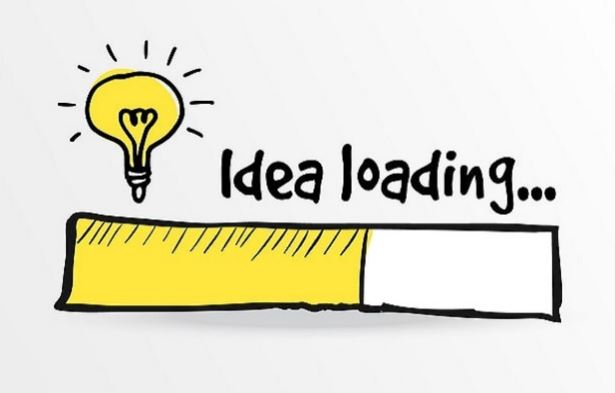Sports Coaching Psychology
Sport psychology can be a valuable tool for soccer coaches to help improve their team's performance. Some ways that sport psychology can be applied to soccer include:
Building a positive team culture by fostering a sense of trust, respect, and cohesion among players. This can help to improve communication, motivation and overall team dynamics.
Developing mental skills such as visualization, goal setting, and self-talk to help players to perform at their best.
Teaching relaxation and stress management techniques such as deep breathing and progressive muscle relaxation to help players to handle the pressure of competition.
Helping players to develop a growth mindset by encouraging them to see mistakes as opportunities for learning and improvement.
Developing a pre-performance routine with players to help them focus and get into the "zone" before a game.
Teaching players how to cope with adversity and bounce back from setbacks will help them to develop mental resilience.
Helping players to set realistic, specific and challenging goals in order to achieve their full potential.
Teaching players to manage their emotions and stay focused on the task at hand, in order to avoid getting caught up in negative thoughts or emotions.
Developing a post-performance routine with players to help them reflect on their performance and learn from it.
Utilizing team building activities to help players to build stronger relationships and better understand each other.
It is important to note that sport psychology techniques are not a one-size-fits-all solution, and coaches should be prepared to adapt these techniques to suit the unique needs and personalities of their players.
For more resources visit www.livensuccess.ca

Comments
Post a Comment